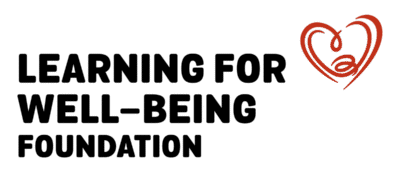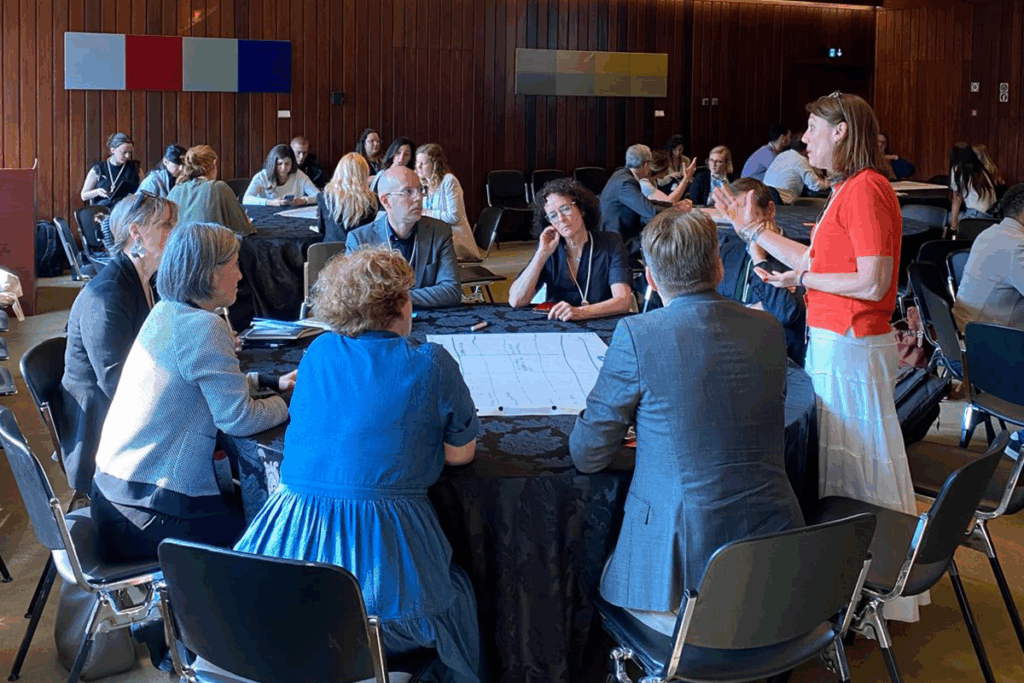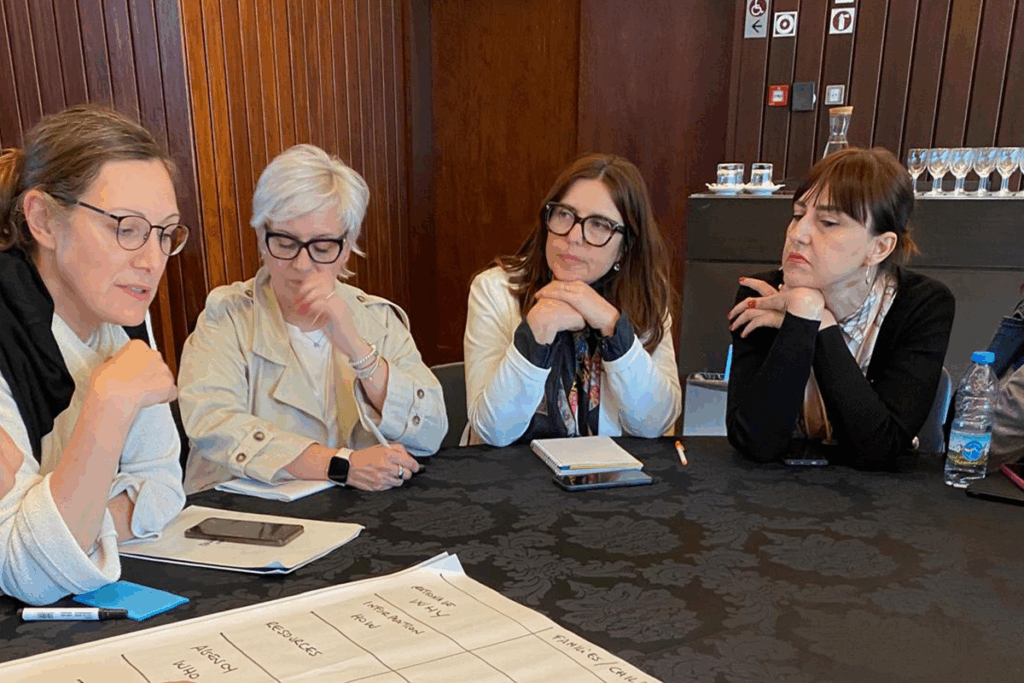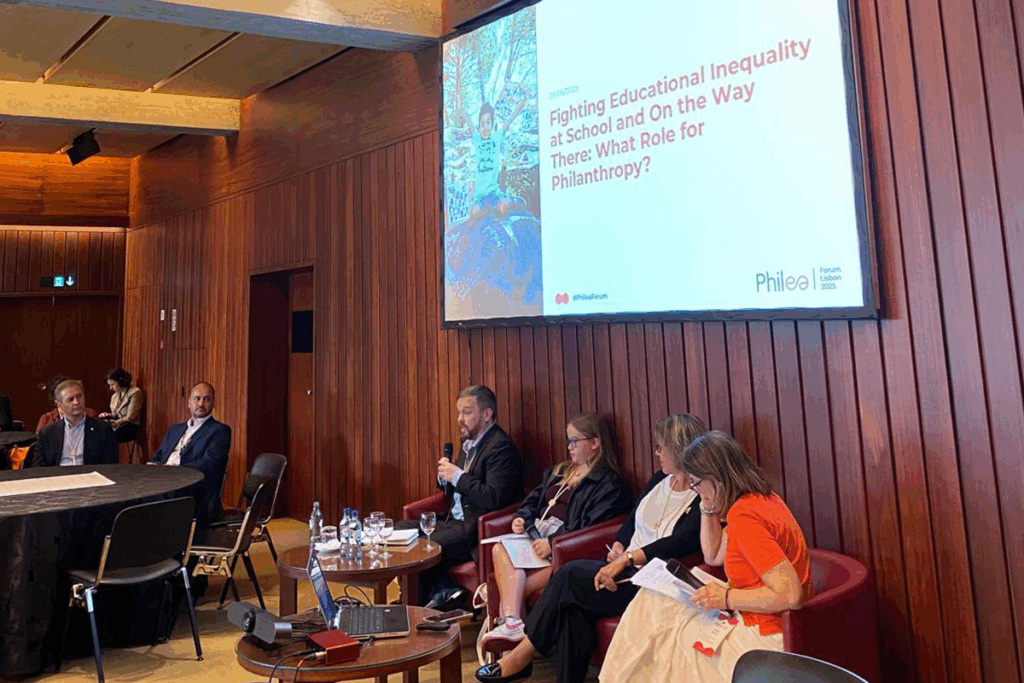Why educational justice must begin before school—and what philanthropy can do about it
Across Europe, educational inequality is deepening. Disparities in learning outcomes, access to quality support, and school readiness continue to mirror—and reinforce—broader social and economic divides. These inequalities don’t start in the classroom. They start long before.
At the Philea Forum 2025 in Lisbon, we joined the session “Fighting Educational Inequality at School, and on the Way There: What Role for Philanthropy?” to explore how foundations and other actors can respond in meaningful, systemic ways.
The discussion centred around the idea that educational justice must begin well before children enter school, through strong partnerships with families, access to holistic early childhood services, and policies that remove barriers from the earliest years. At the same time, transforming what happens inside schools remains essential: building environments grounded in collaboration, trust, and shared responsibility.
Participants highlighted the importance of connecting local-level solutions with broader systemic change and using the unique position of philanthropy to bridge actors across sectors, from grassroots groups and educators to policymakers and institutions.
Our colleagues Dominic Richardson and Chiara Piccolo shared reflections from the Learning for Well-being Foundation, emphasising the role of philanthropy in addressing not only the symptoms of inequality, but also its structural causes—including income insecurity, lack of caregiver support, and exclusion from early learning environments.
We were joined by Máirín Harding (Irish Second-Level Students’ Union) and Mihaela Ionescu (ISSA – International Step by Step Association), whose voices brought critical perspectives from youth and early childhood practitioners alike.
One clear message emerged: philanthropy must shift from transactional giving to transformational engagement, investing in relationships, coordination, and long-term visions that centre equity at every stage of learning.
We thank Philea for hosting this important dialogue and for making space to imagine what a truly equitable education system can look like.



